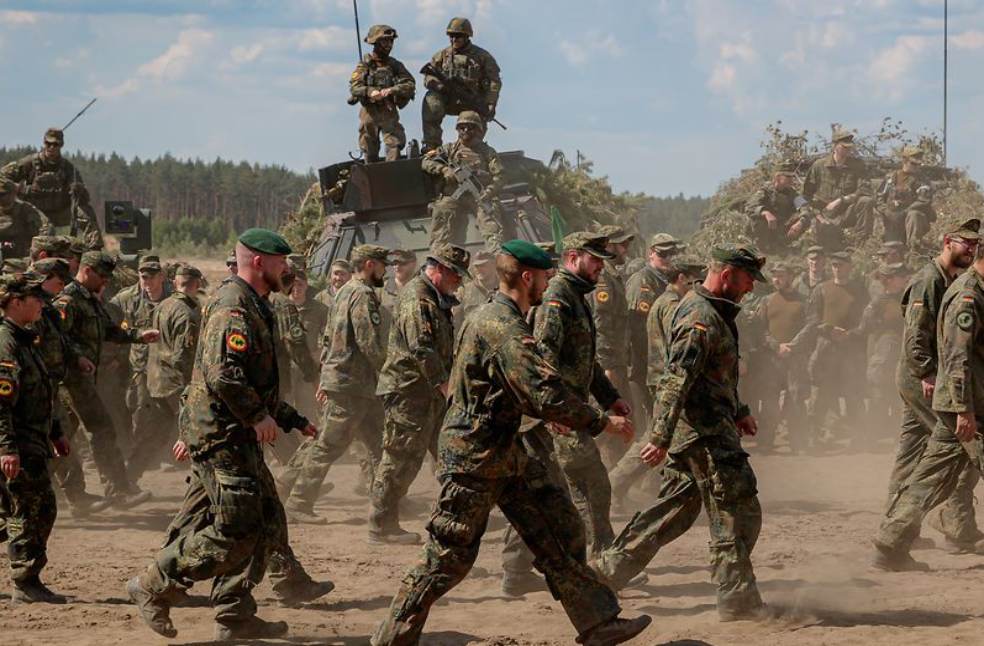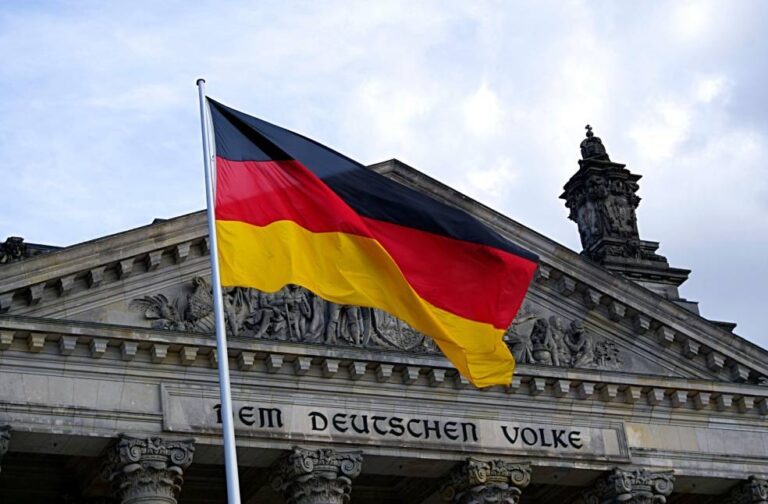Germany: Germany has intensified border checks following a fatal knife attack in Solingen in August, where three people were killed. The suspect, a Syrian national who was a refugee and was facing banishment, is linked to the Islamic State group, which claimed the reason for the attack.
The German government, under pressure to pick up stricter immigration policies, will introduce the new border measures on 16 September, lasting for six months. This announcement adheres to significant electoral gains by the far-right, anti-immigration party, Alternative for Germany (AfD).
Interior Minister Nancy Faeser emphasized that the government is facing curbing back-door migration and addressing Islamist extremism. Faeser stated that, “We are doing everything in our power to save the people of our country against these menaces,”

Germany already conducts spot checks at its borders with Poland, the Czech Republic, Switzerland, and Austria, and will now expand these measures to all border points. However, critics argue that the move is politically motivated, rather than a genuine response to security concerns.
The rise of the AfD, which topped a poll in eastern Germany—a first for a far-right party since World War II—has shaken the political landscape. Mainstream parties, including the ruling SPD, seem to be reacting to public demands for stricter immigration controls.
Germany has accepted large numbers of asylum seekers in recent years, including over a million refugees during the 2015-2016 crisis and 1.2 million Ukrainians since Russia’s invasion in 2022. However, with a regional election in Brandenburg approaching, both centre-left and centre-right parties are proposing tougher immigration strategies.
The CDU, Angela Merkel’s former party, has expressed turning away asylum seekers at the border if they have passed through other safe EU countries. Austria’s interior minister, Gerhard Karner, has clarified that his government will not accept migrants rejected by Germany.
Chancellor Olaf Scholz’s government has also introduced measures following the Solingen attack, such as cutting merits for asylum seekers facing deportation and resuming deportations of convicted Afghan criminals to Afghanistan, despite the Taliban’s return to power in 2021.



